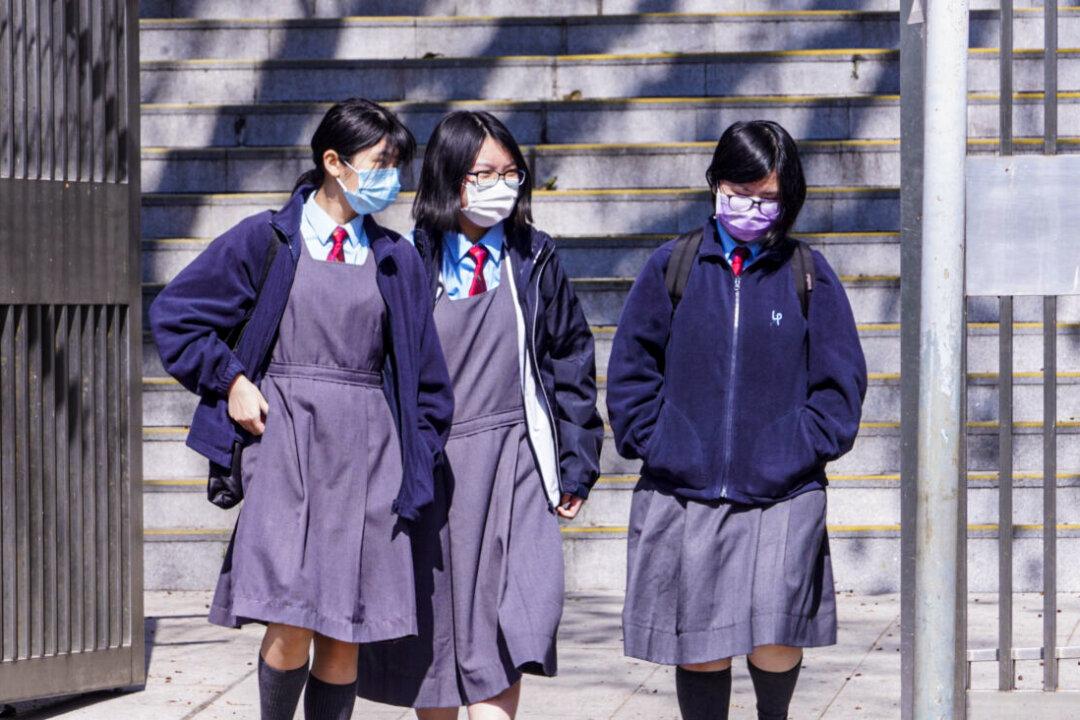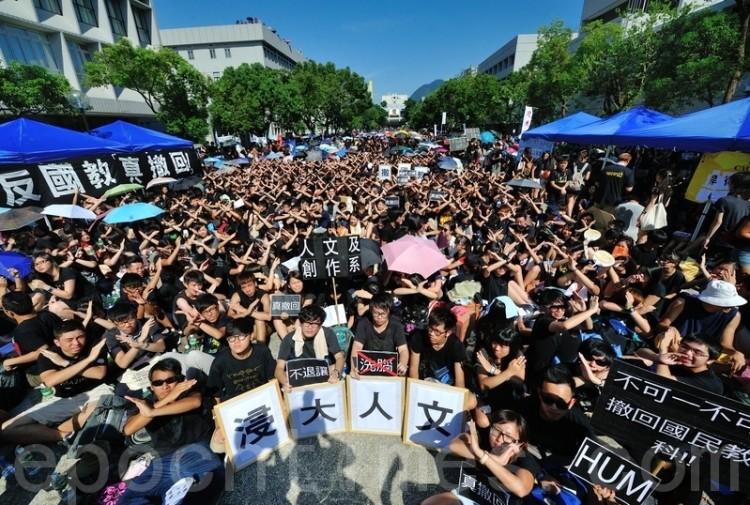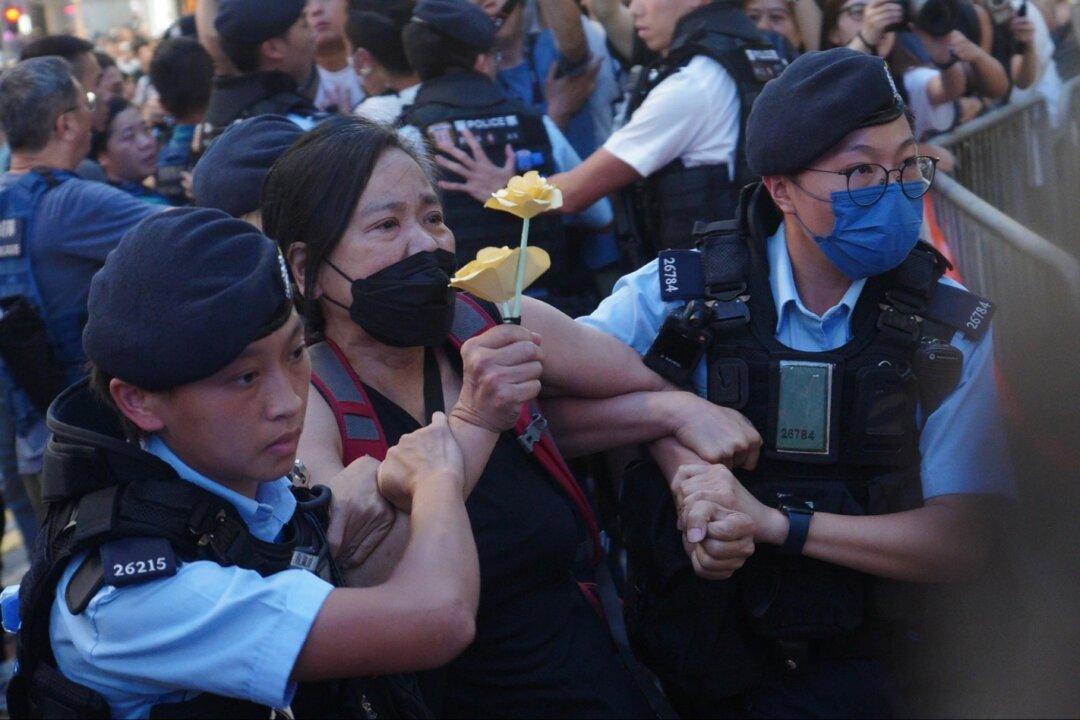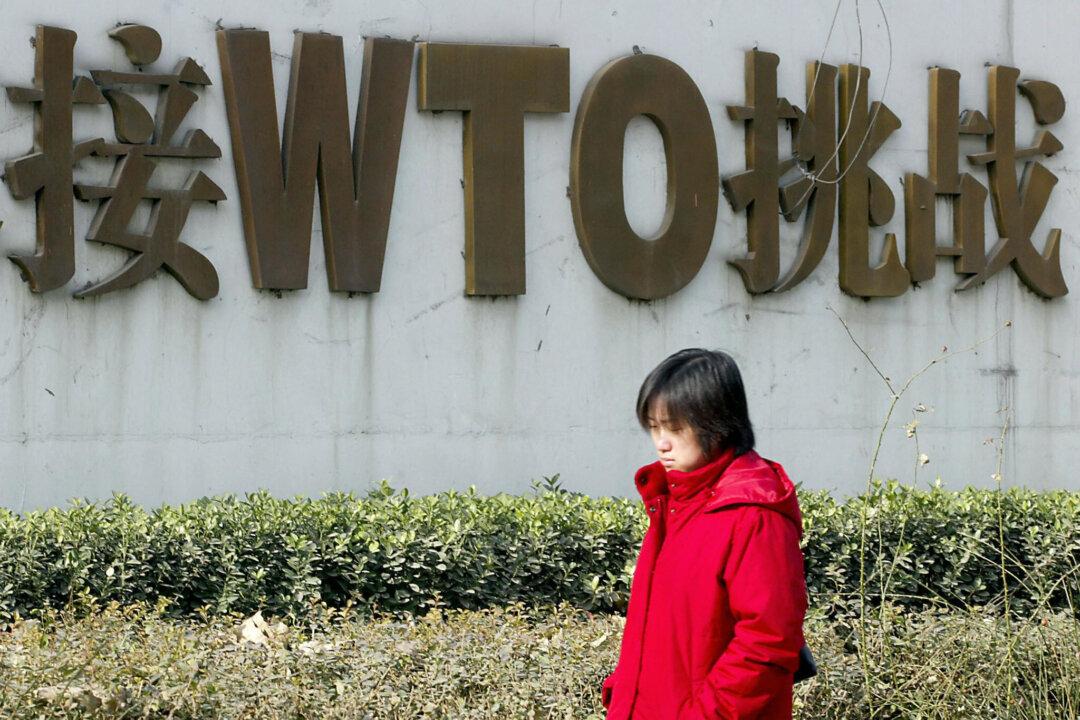Commnentary
Weeks ago, my Education Bureau friend told me there would be a very interesting Hong Kong Legislative Council report about support measures for national security education. The report was finally released on Oct. 25, and I could not wait to see what it said.





